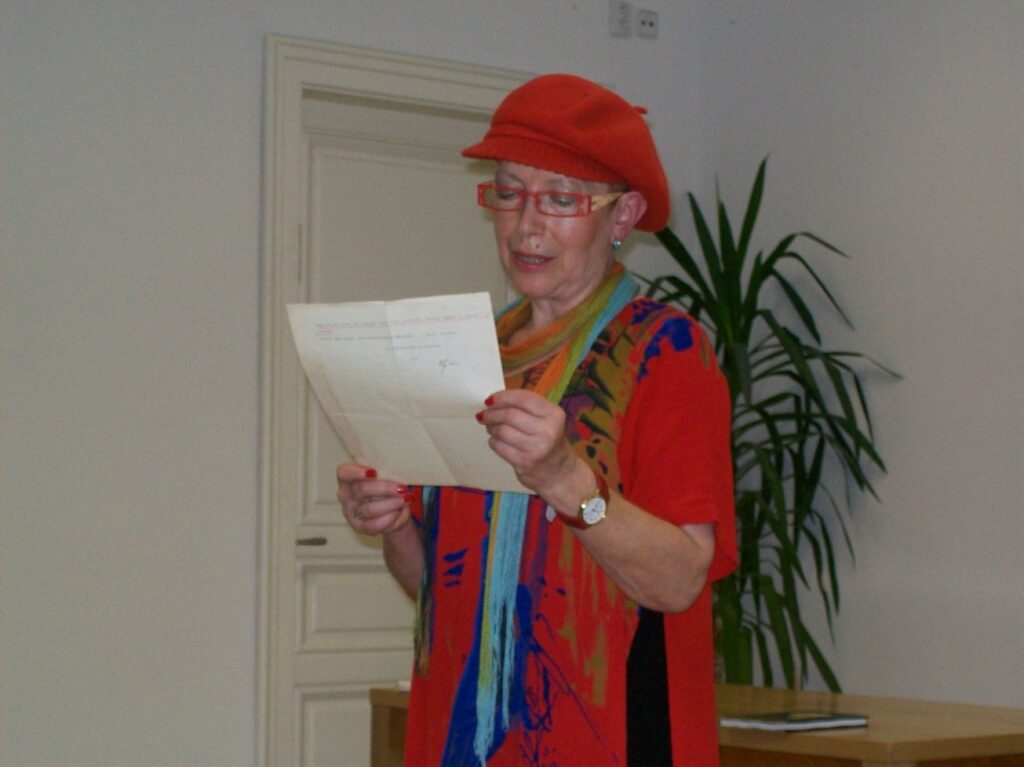Rabbi Feder and his approach to living in trauma

Rabbi Feder and his approach to living in trauma The May commemoration of the end of the Second World War can be understood in different ways. We are very happy that PhDr. Zuzana Peterová accepted our invitation. She is personally and professionally close to the topic of the return of survivors and the transmission of their trauma to the next generation, as her family lost around sixty members during the Holocaust. She works as a psychotherapist at the Prague Jewish community and is the author of a number of books, including one on Rabbi Richard Feder. The name of Dr. Richard Feder is inseparably linked with Brno. He was born at the end of the 19th century and lived to the venerable age of 95. There are still those among us who remember his educated and kind personality. At the age of sixty he was assigned with his entire family to the transport to Terezín. Even there, as a rabbi, he tried to maintain a religious life in difficult conditions, contracting marriages and supporting his surroundings with his wisdom. His wife perished in Terezín, his sons and daughter, together with their families, were murdered in Auschwitz. He was the only one of his extended family to live to see the liberation. In 1953 he was elected regional rabbi of the Moravian-Silesian religious communities and moved to Brno. He remained there after 1961, when he became the regional rabbi. From the stories of those who met him, we know that he never outwardly succumbed to his grief. It was he who visited the families of the survivors and gave comfort and hope in conversations. He died in 1970 and is buried in the Jewish cemetery in Brno.
